Photo caption: Professor Garrick Cooper, Sacha McMeeking and Jamie Hape. Absent: Liam Grant
The group of educators behind Te Whare Wānanga o Waitaha | University of Canterbury (UC)’s Master of Māori and Indigenous Leadership (MMIL) programme have won the 2025 Te Whatu Kairangi, Kaupapa Māori Group Award for their outstanding success in supporting Māori learners through a Kaupapa Māori-led approach.
The award recognises individuals or groups who use te reo Māori, tikanga Māori, and mātauranga Māori in their teaching practice. Specifically, those who prioritise a Kaupapa Māori-led approach that incorporates Māori principles, values, behaviours, and processes within a Māori philosophical framework.
The award, to be presented at a ceremony in Wellington on 5 November, acknowledges the UC-based programme delivery team and support staff led by Associate Professor Garrick Cooper (Ngāti Ranginui, Ngāti Whanaunga), MMIL Director Jamie Hape (Ngāti Kahungunu, Ngāti Porou, Ngāti Rārua, Tūhourangi and Ngāti Kea/Ngāti Tuara), William Grant (Ngāi Tahu, Ngāti Porou) and then Head of Aotahi: School of Māori and Indigenous Studies Sacha McMeeking.
Founded by McMeeking and Tā Tipene O’Regan, the programme develops Māori leadership across diverse professional backgrounds, empowering graduates to advance mana motuhake and tino rangatiratanga in their communities.
The MMIL educators deliver a wānanga-style learning model, enabling MMIL students to gain an education from within their communities. This approach helps overcome barriers such as distance and isolation, as well as family and work commitments.
Since 2017, the programme has maintained a completion rate of around 85%, with master’s dissertations addressing policy reforms in areas such as suicide prevention, driver licensing and resource consenting. Many alumni have gone on to governance roles in councils and other high-level organisations.
Associate Professor Garrick Cooper says the growing student demand to join the programme reflects its success, which relies heavily on word-of-mouth referrals from alumni.
“We are witnessing the programme’s amazing community impacts, with students empowered to take their learnings and drive change from within their communities and organisations, and the demand for the programme has vastly exceeded our expectations,” he says.
MMIL Director Jamie Hape completed the master’s programme, before taking on the programme leadership role at UC’s Aotahi School of Māori and Indigenous Studies in 2021.
“We (the MMIL leadership team) can see that we are doing things right,” Hape says. “The way we teach really works. Our people take their learning back to their marae and communities, and it creates real change.”
No two master’s dissertations have been the same, something Hape believes shows how each student can apply their education to tackle their community or organisation's unique challenges.
“Whether the issue is corrections, health, community - it shows what is happening in our communities and what needs to be addressed. They’ve done the theoretical work, and now they feel empowered to act and have our voices heard.”
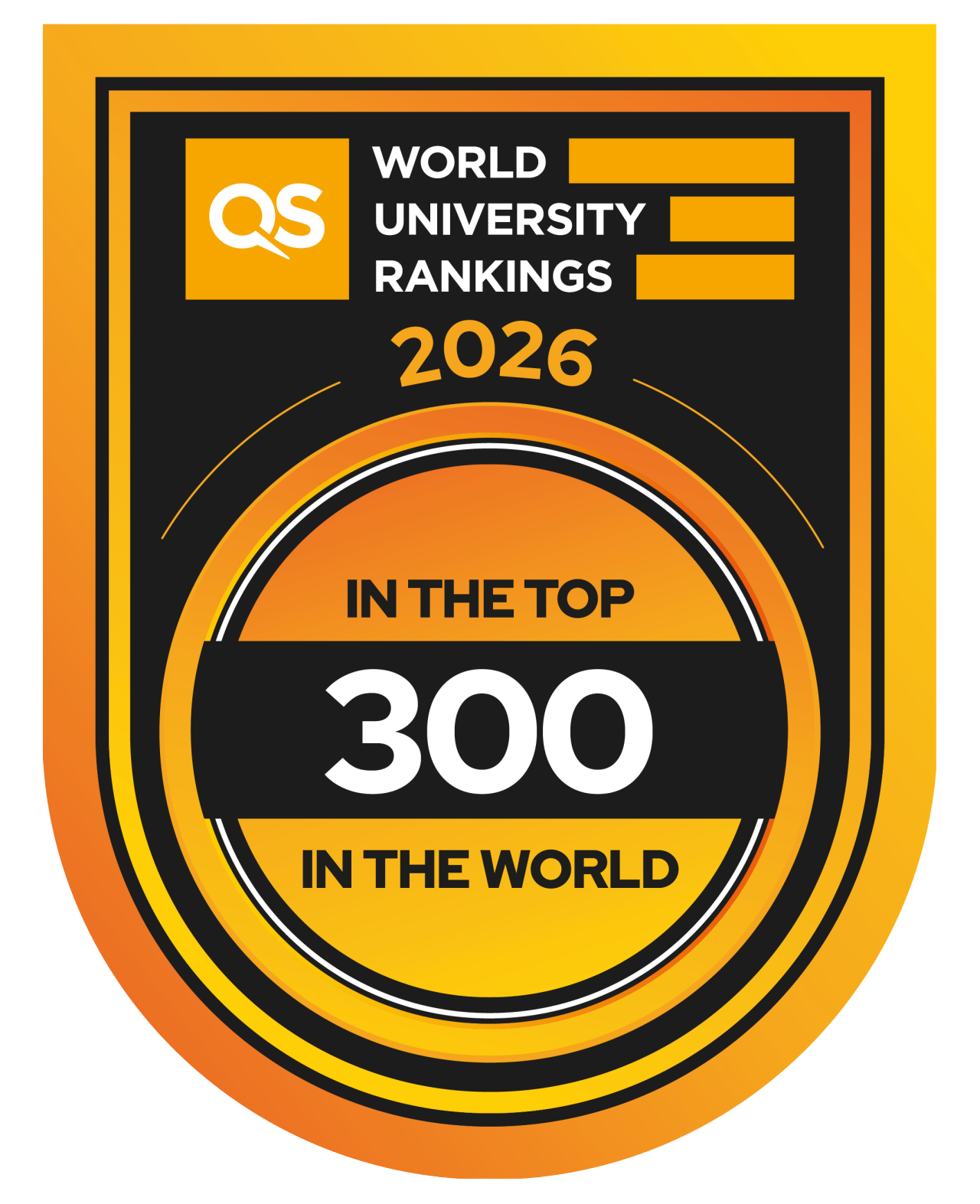


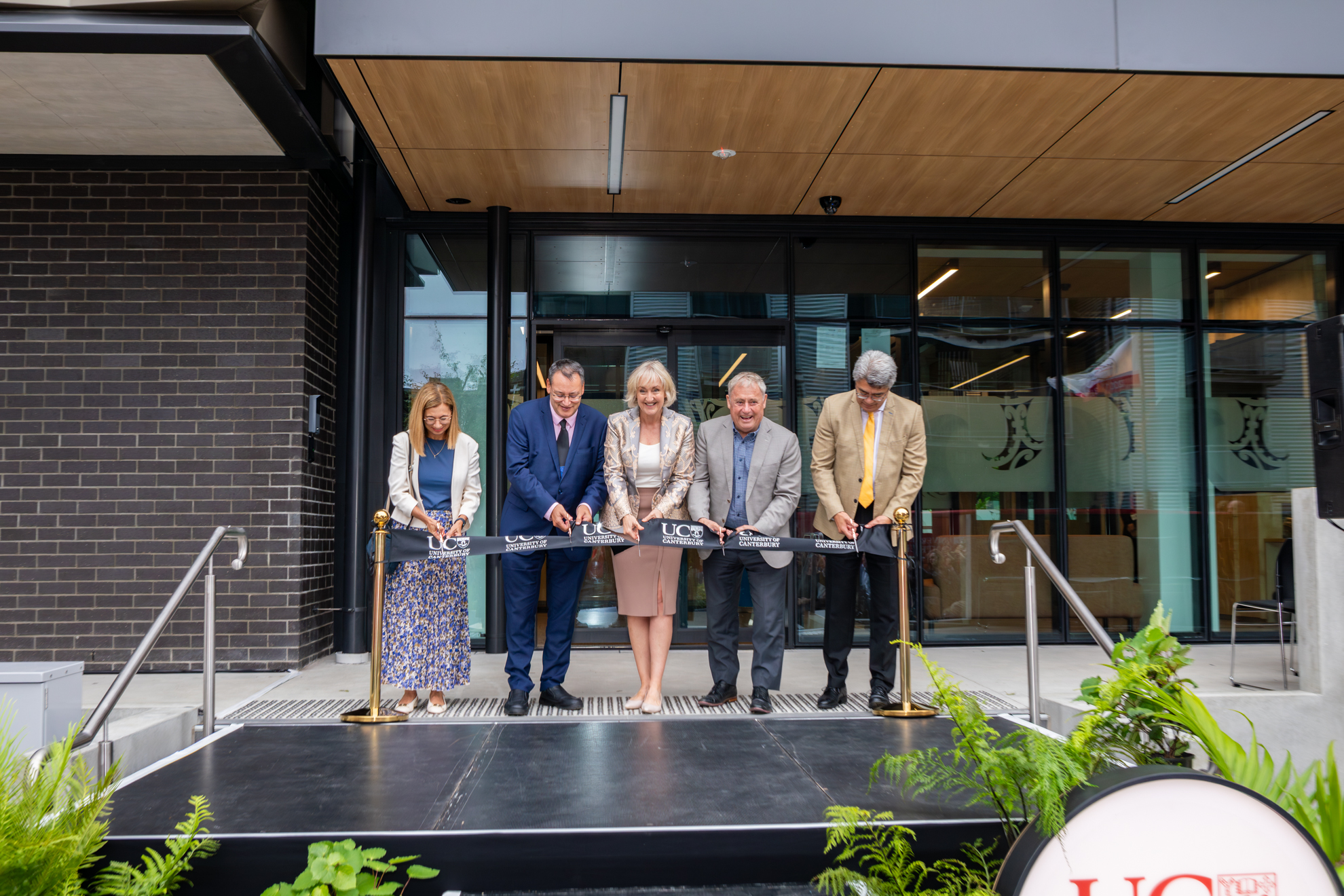
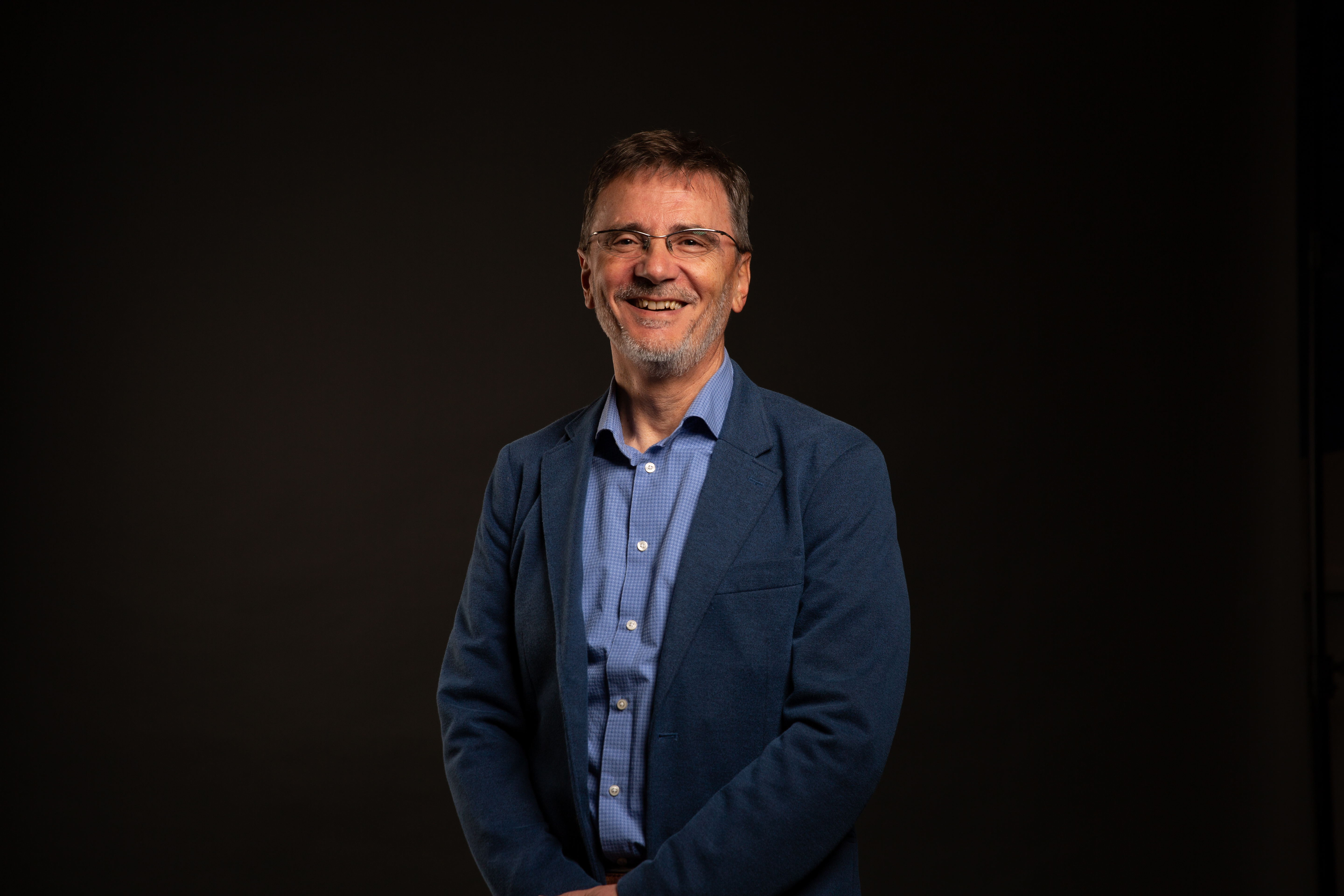
.png)
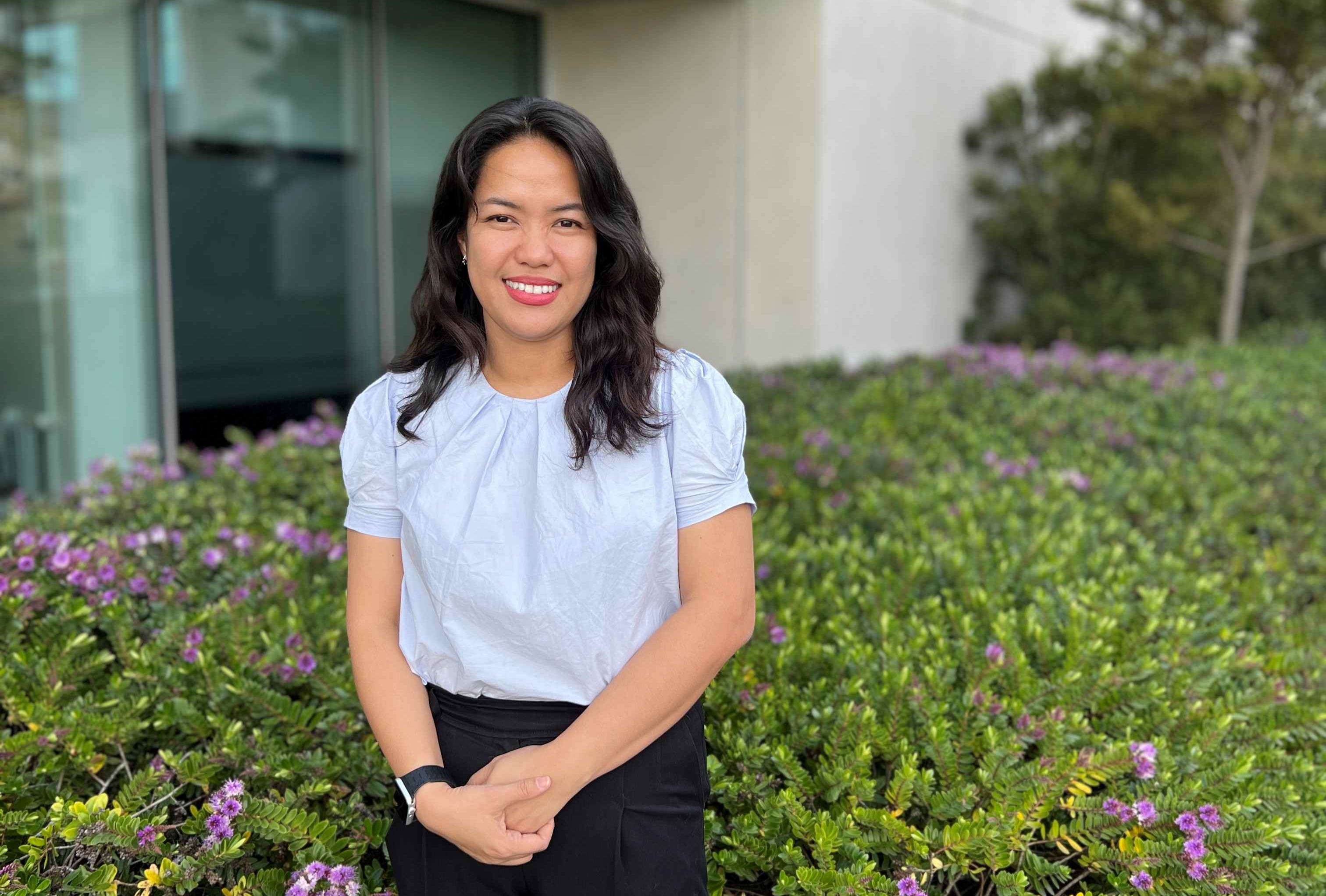
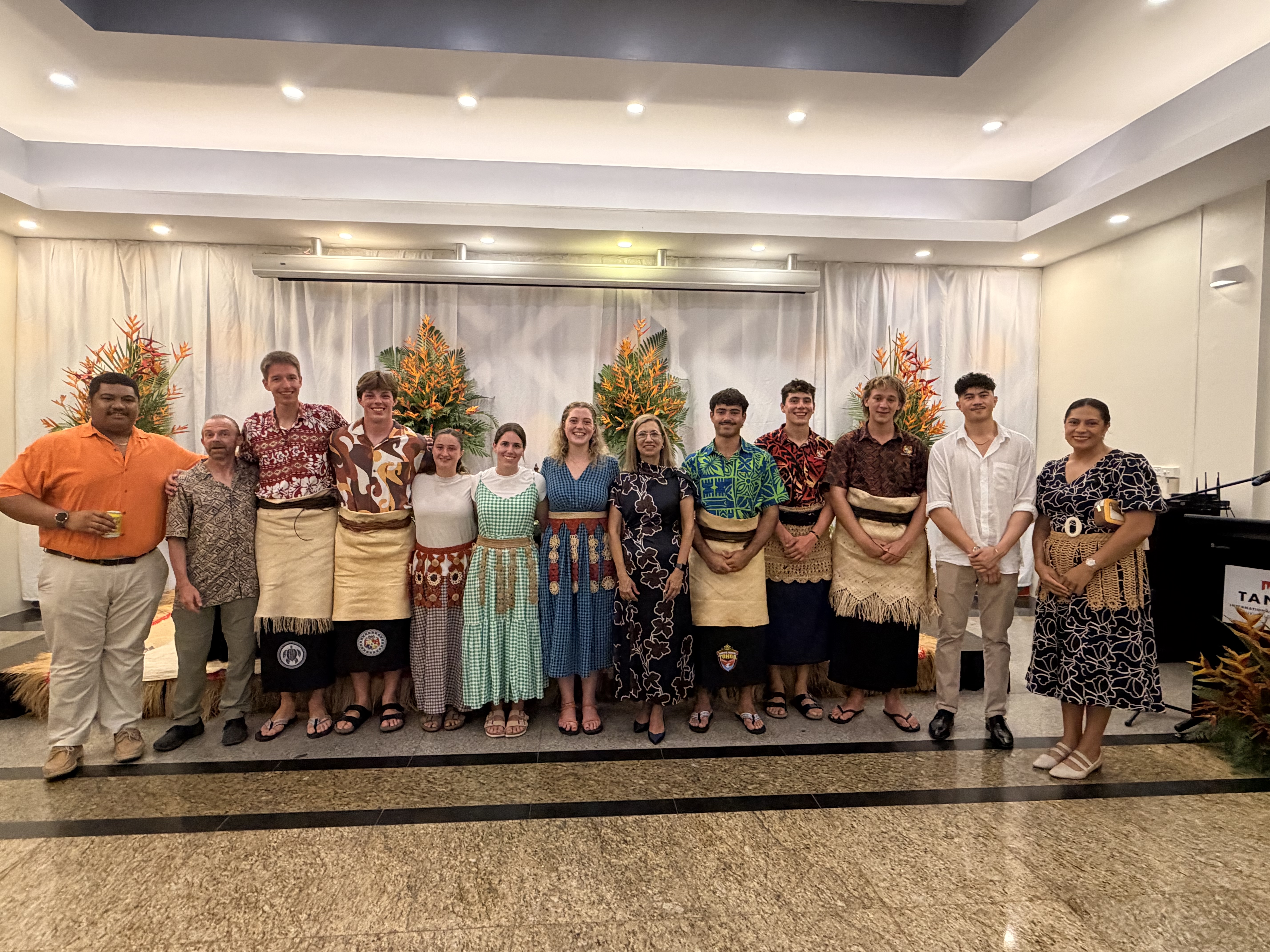
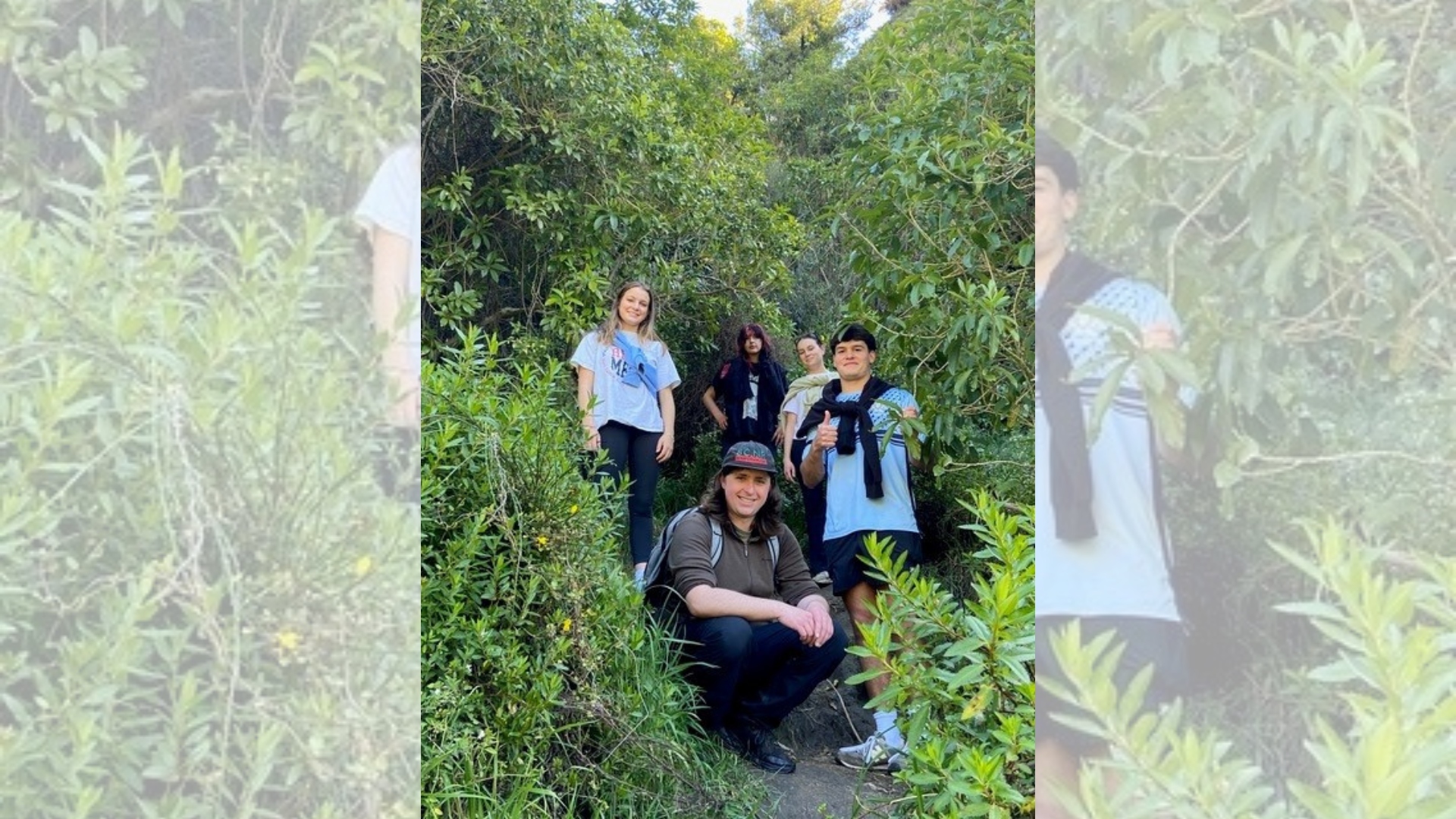
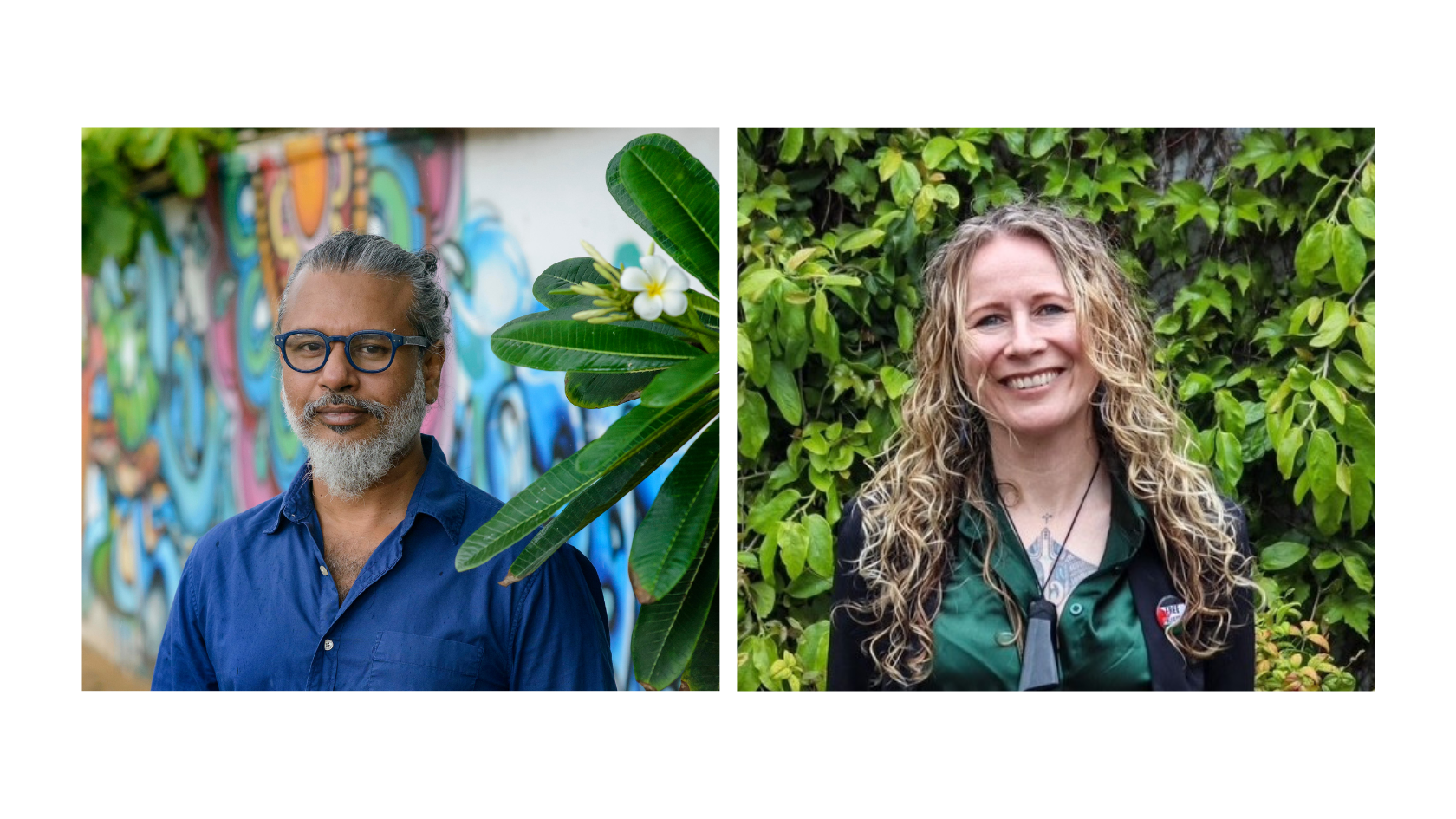
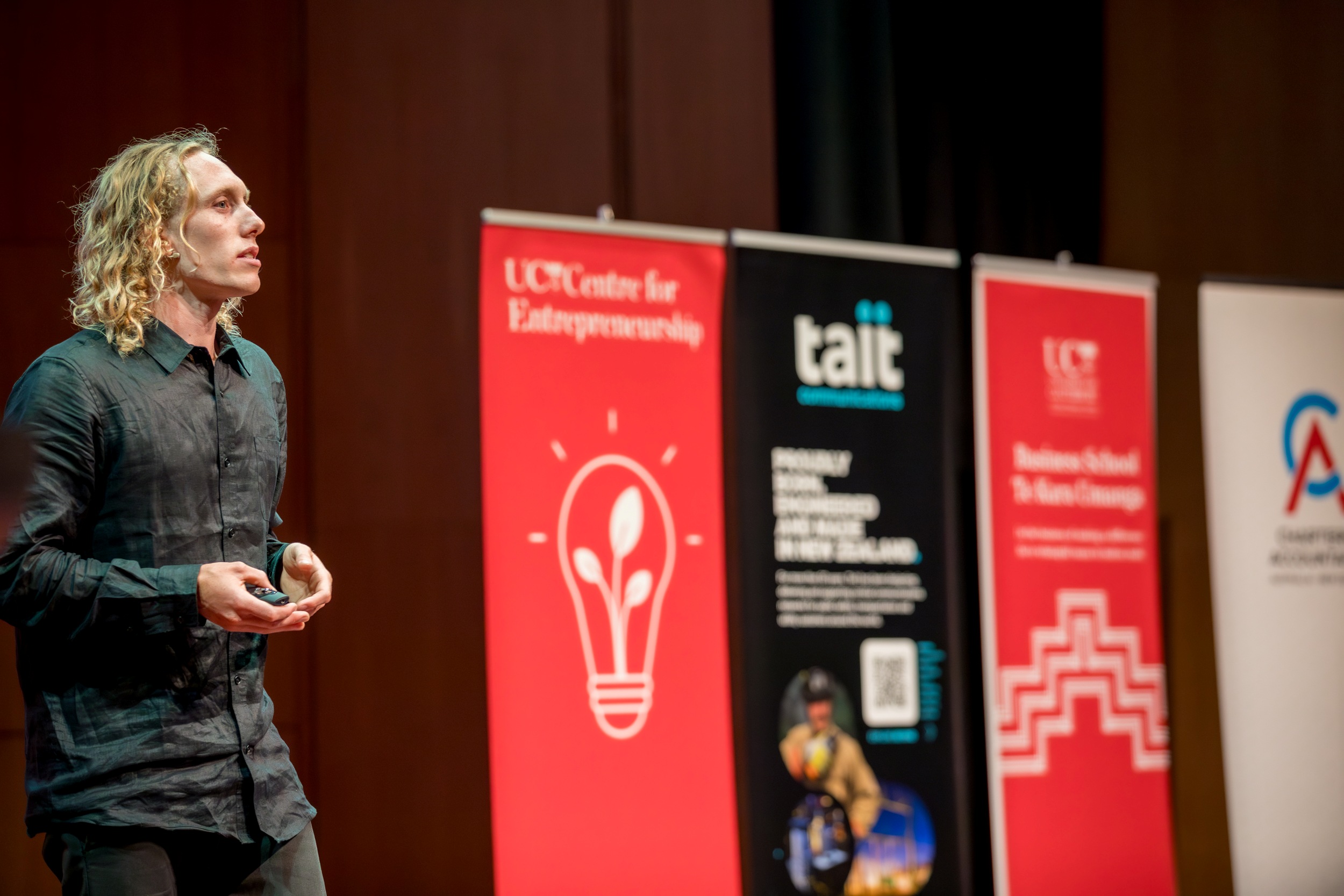
.png)